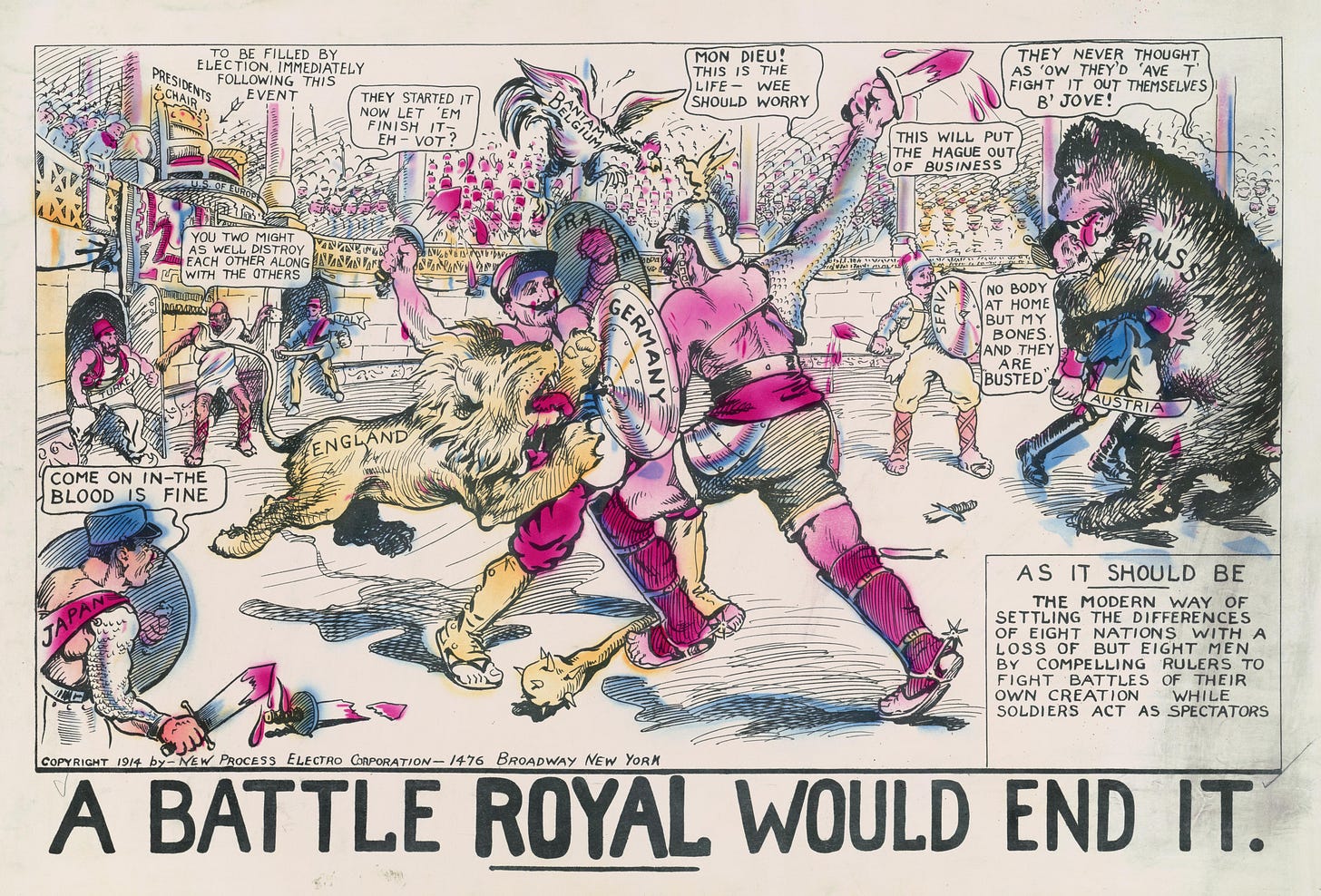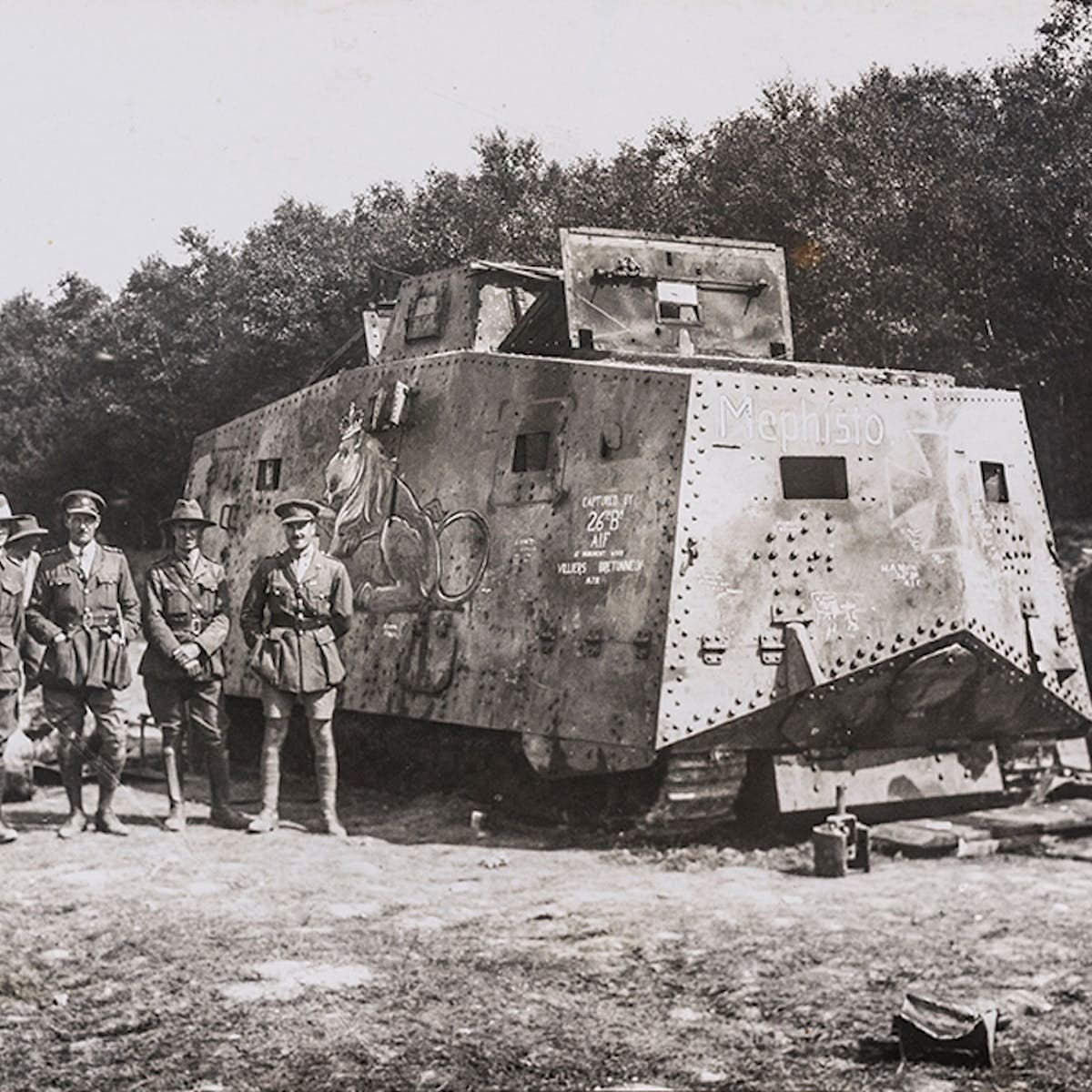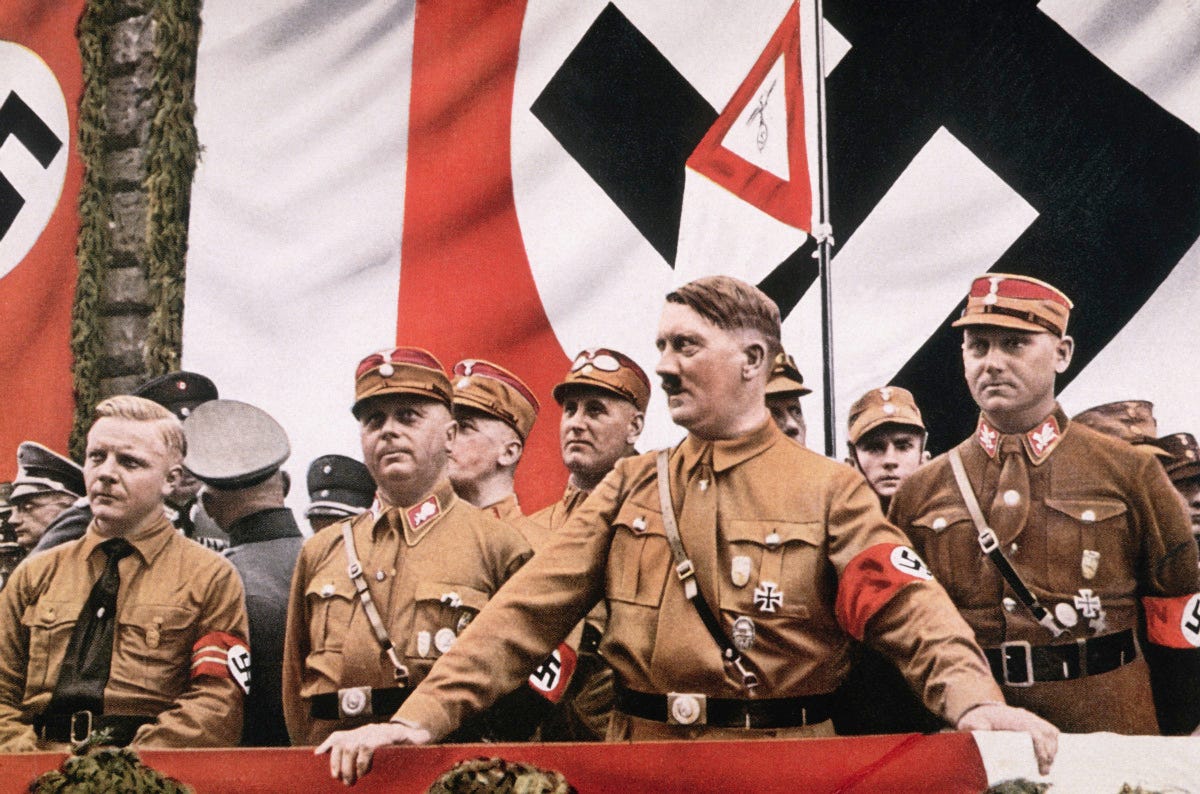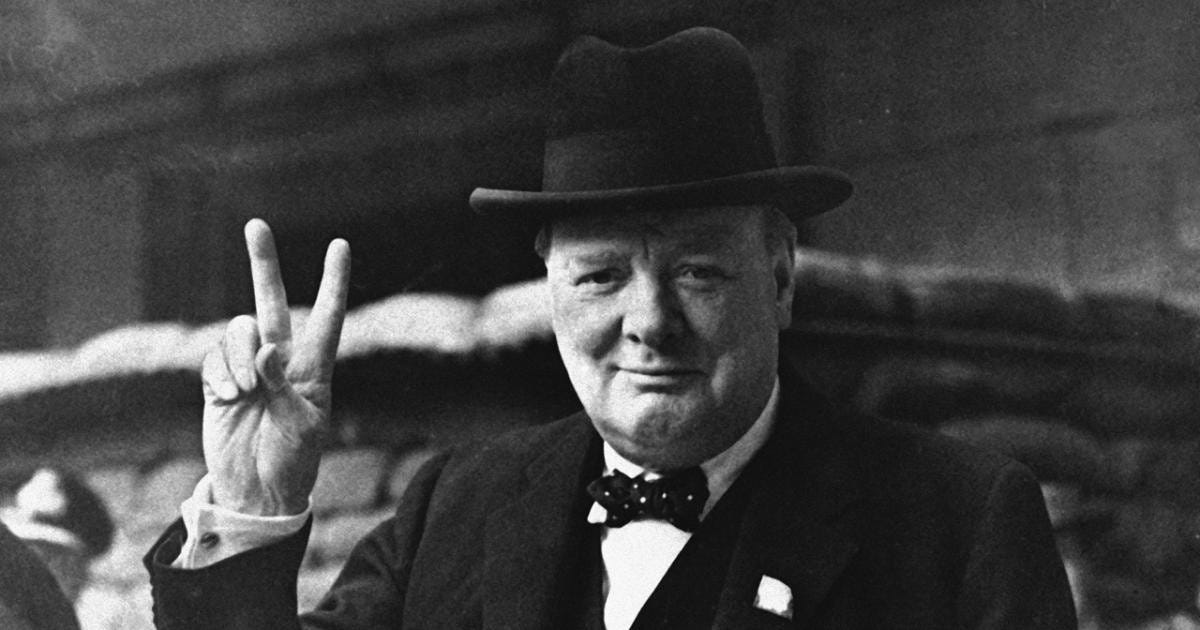For a large part of human history, we have sought to understand and live good lives. This search began in the ancient world - the world of the Bible. In The Way to Live, I talk about how Seneca and Jesus were believed to be born in the same year. Scripture tells us that Paul once met Seneca’s brother. It is not outside of the realm of possibility that Paul and Seneca may have known each other.
In many ways, the rise of philosophy and Christianity parallel each other.
The word philosophy means “the love of wisdom.” One of my favorite quotes on what philosophy is comes from the stoic Musonius Rufus: “Philosophy is nothing else than to search out by reason what is right and proper and by deeds to put it into practice.”
All of us have a philosophy, because all of us reason and act. The way you act is determined by your thinking which is determined by your philosophy of life. Our thoughts, attitudes and actions show our philosophy of life to the world.
Although philosophy is called the love of wisdom, there are many unwise people who live bad lives. A good philosophy, and therefore a good life doesn’t just happen. Good philosophy - and a good life - comes as a result of practice.
Practitioners of philosophy are just that. Practitioners. In life, what you practice is not preparation for the game. Practice is the game.
Our lives are not built in singular moments. Our lives are built in daily interactions. Your life is how you speak to your spouse every morning. Your life is the conversations you have with your family at the dinner table. Your life is how you treat your boss and coworkers. A good life - or a bad one - is built in the mundane. Because little things aren’t just little things. Little things are our entire lives.
We often realize this too late, after we’ve lost friends, jobs, marriages and opportunities that we once had. What if we realized it now? The definition of the word practice is “the application of knowledge.” So, again, practice is not preparation, practice is the game.
Practicing following Jesus
Christianity is not just a belief system, it’s a way of life. The life of Jesus represents the best possible way to live. The reason why we should call ourselves Christians is because we want to think, be and do like Jesus.
If philosophy is deciding how to live, and being like Jesus is the best life possible, then Christianity is the best philosophy available to us.
In 2 Timothy, Paul describes this philosophy in one sentence.
“For God has not given us a spirit of fear and timidity, but of power, love, and self-discipline.” // 2 Timothy 1:7
The philosophy of Jesus is demonstrated by power, love and self discipline.
As we know, the Bible wasn’t written in English, 2 Timothy was written in greek. The words Paul uses here are significant and bring clarity to how God wants us to live.
What is fear?
fear / δειλία / deilia // lack of mental or moral strength, cowardice
The word Paul uses as fear is not just about anxiety or cowardice. That’s a part of it, but it mainly describes our internal fortitude. Our ability to have integrity, ethics and mental strength. A person who is weak mentally or morally is often fearful, but they are many other things as well.
Fear is rooted in weakness.
A weak mind is a fearful mind. People with weak minds are always “waiting for the other shoe to drop.” They won’t drive on highways because they could get in a wreck. They won’t get on a plane because it could crash. They wear masks in cars by themselves. They never let their children leave their sight. They have a gift to catastrophize and are often the best at describing why something “wont work out.”
A person who is morally weak is afraid of being rejected or ostracized. They will do what’s convenient and expedient. Their standards, principles and values are flexible based on who they are around. They will use “seeking peace” as an excuse for not resolving conflict.
Germany was the primary aggressor of World War I. At the end of the war, the Treaty of Versailles brought severe consequences to them. They were required to pay reparations for much of what they had destroyed. $33 billion in 1921, which is $524 billion in today’s money. Their army was restricted to 100,000 men, the manufacture of armored cars, tanks, submarines, airplanes, and poison gas was forbidden; and they were forbidden from having an air force. Because of these harsh penalties, when the Great Depression hit, it affected Germany worse than almost any other western country.
Adolf Hitler rose to power in the late 1930’s on the basis of his desire to restore the strength of Germany. He quickly seized power and in 1935 openly defied the Treaty of Versailles by announcing plans for the Luftwaffe and a military of 500,000 men. Although the Treaty of Versailles was harsh, enforcement was light.
What did the western countries around Germany do during this time? Not much. There were little to no consequences for Germany. In 1938, Neville Chamberlain, the British Prime Minister negotiated a treaty with the Nazis called the Munich Agreement. This agreement allowed Germany to take control of a border region in Czechoslovakia without bloodshed. They felt they had appeased Hitler. Within 6 months, Hitler took control of all of Czechoslovakia.
Germany quickly overran much of Europe and was victorious for more than two years. They invaded Poland in September 1939. The Allied powers then moved to stop Hitler, but it was too late. Austria, Denmark, Norway, the Netherlands, Belgium, Luxembourg, France were occupied by the summer of 1940. Yugoslavia and Greece would be as well by 1941.
We know that Germany was eventually stopped by allied forces, but what would have happened if the allies chose not to bow to Hitler? What the western powers learned was that Hitler would never be appeased. He was not trying to establish Germany as a world power, he was trying to establish a global empire. The more they gave him, the more he would take.
That’s how fear works too. Once you give in, you’ll never stop giving in. If you let fear have one piece of you, it will eventually take all the pieces of you. You can’t sign a treaty with fear. You can’t negotiate with fear. You can fight fear, or you can give in to it.
The price of fear and cowardice is high
A lack of moral and mental will appease evil, not destroy it.
Most people don’t realize that they are giving in to fear, because they don’t feel afraid all the time. But they are mentally weak. They “just want to be happy” they “want to be comfortable.” Morally, they do the same thing. Their focus is feeling good and looking good, not actually being good.
If discomfort is your enemy, then fear is your friend. If fear is your friend, you’re appeasing the invasion.
2 Timothy counsels us not to be weak and fearful in our constitution, but to understand the spirit that God has given us.
God wants to deal with our fear, but we have to want to deal with it too. Too many of us expect God to delete fear out of our lives. That’s not how it works.
God didn’t give you a spirit of fear. You gave it to yourself. You’re the one that makes the choice to be afraid. Maybe you got it from your parents. Maybe something bad happened to you and you gave yourself permission to be a coward. Maybe you protect people around you because you’re afraid that what happened to you could happen to them.
There’s a fine line between protection and fear. Just like there’s a fine line between courage and stupidity.
God didn’t make you a coward. So stop being one. I know that doesn’t sound easy. But it’s simple. And simple ≠ easy.
First, give God your life, your whole life. It’s this easy. Pray this prayer.
“Jesus, I turn from my way towards your way. I believe you died on the cross for me. I give you my life.”
Second, give your fear no quarter.
Don’t be like the allies confronting Hitler. Fear is your enemy. You cannot give it an inch. You must fight it. You cannot retreat. You cannot surrender. God did not give you that fear. You’re not fighting by yourself. You have unlimited reinforcements coming. Take no prisoners and fight your fear to the bitter end.
How do you that? Just don’t give up. Stay in the fight.
Winston Churchill, who became the Prime Minister after Chamberlain was ousted said this:
“…we shall not flag or fail. We shall go on to the end, we shall fight in France, we shall fight on the seas and oceans, we shall fight with growing confidence and growing strength in the air, we shall defend our Island, whatever the cost may be, we shall fight on the beaches, we shall fight on the landing grounds, we shall fight in the fields and in the streets, we shall fight in the hills; we shall never surrender…”
The way to fight fear is to never stop fighting. never give in.
“This is the lesson: never give in, never give in, never, never, never, never -- in nothing, great or small, large or petty -- never give in except to convictions of honour and good sense. Never yield to force; never yield to the apparently overwhelming might of the enemy."
Recently I was on a plane with my 4 year old daughter Charlie. We began experiencing significant turbulence. I’ve lost count of the number of times I’ve been on a plane. I’ve also lost count of the number of times I’ve experienced turbulence. But for Charlie, this was something new and frightening. We talk a lot about what it means to be brave in our home, so Charlie knows what bravery is. We have all heard it said in some way that bravery is not the absence of fear, it’s the courage to act in spite of it.
So Charlie grabbed my hand, and with tears in her eyes she said, “I’m scared, but I’m brave.”
I think that’s what it means to not have a spirit of fear.








That’s how fear works too. Once you give in, you’ll never stop giving in. If you let fear have one piece of you, it will eventually take all the pieces of you. You can’t sign a treaty with fear. You can’t negotiate with fear. You can fight fear, or you can give in to it. So good! Also, Charlie is a champion already. I love that she knows she is brave!